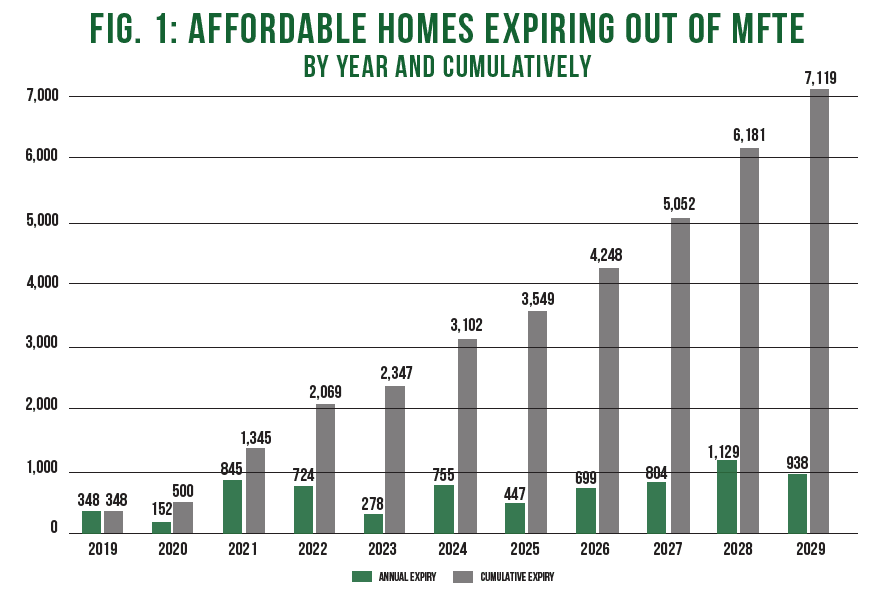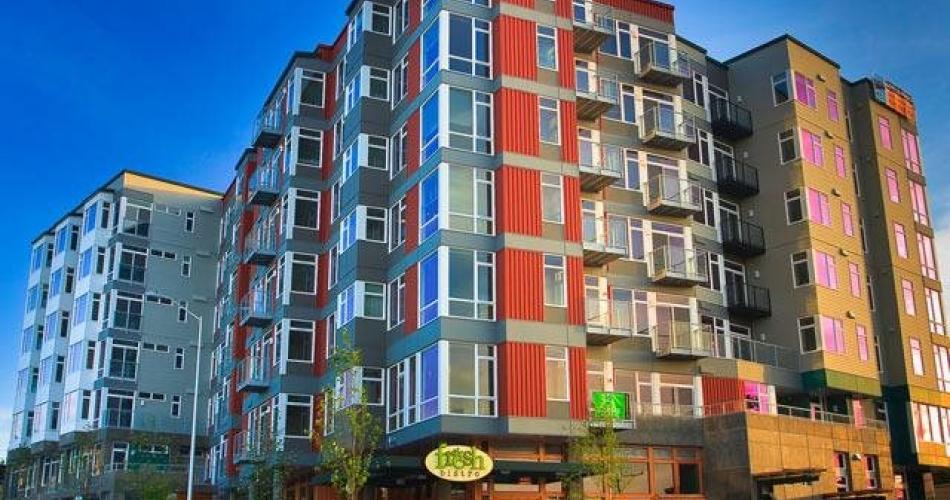Reading time: 5 minutes
Washington State’s Multi Family Tax Exemption (MFTE) program was cited by the Obama White House as a national model for funding mixed-income residential communities. It provides multifamily housing developers a tax exemption for units designated for low and moderate-income renters in mixed-income communities. But unfortunately, this program is expiring this year, and 2,000 units could fall out of the program by 2022. Over 400 of those units are in Seattle, but other communities like Spokane, Moses Lake, Vancouver, Tacoma, and Olympia would be affected too.

Up for Growth Action is supporting legislation that would allow cities to extend this exemption for existing, qualifying, properties for additional 12 years, ensuring that families are still able to access this critical program on which many families rely. That bill, SB 5363, is sponsored by State Senator Guy Palumbo and has a wide array of supporters, including Microsoft, Association of Washington Cities, Washington REALTORS, the Seattle Metro Chamber of Commerce, and Tech 4 Housing. SB 5363 has already passed a key hurdle, passing through the Senate Housing Committee with little opposition, and is expected to move out of the Senate Ways & Means Committee later today.
While 2,000 units doesn’t sound like a massive number, you may be surprised by the extent of the impact when 2,000 families are thrust into housing uncertainty. For instance, if all 2,000 units were located in Seattle, the expiring MFTE could boost rents from 80% area median income (AMI) to Seattle’s median market rent, resulting in a $325 monthly increase. Under that scenario the regional economy would see $7.8 million less in potential discretionary spending from these households each year. Or $7.8 million less in potential savings for college or a rainy-day fund.
A recent Seattle eviction report found that evictions are one of the leading causes of homelessness, including forced relocation from large rent increases. From 2012-2017 one-bedroom apartment rents in King County have climbed 53 percent to $1,580 per month, according to Dupre + Scott Apartment Advisors. According to Zillow, for every 5 percent increase, 258 people in Seattle become homeless. If 2,000 Seattle families were forced out of their homes and spent five days in an emergency homeless shelter after a rent increase, this could cost as much as $46,000 per night in the Seattle region, based on Lewin Group estimates.
Washington state has a serious housing crisis – 225,000 units, based on Up for Growth’s Housing Underproduction in the U.S. report. The housing shortage has led to severe cost burdening, declining homeownership, increased traffic congestion, adverse environmental impacts, gentrification and displacement, and increasing housing instability and homelessness. In every county in Washington at least 25% of households experience cost burdening, and in the majority of counties, over 30% of households are cost burdened. These burdens fall disproportionately on those who can afford it the least. For households earning 51%-80% of AMI in Washington State, 44% experience cost burdening.
In addition to addressing overall housing availability and affordability, Up for Growth Action advocates for prioritizing policies that enable more mixed-income communities. Unfortunately, existing affordable housing tools are in short supply. Washington’s MFTE program is one of those tools, and one of the most powerful and cost-effective a city has in supporting the production of affordable housing. Without passage of SB 5363, Washington state will move backwards in the availability of affordable units. Up for Growth is proud to lead the effort to ensure that Washington’s working families can continue to access the affordable housing units preserved under this program.
